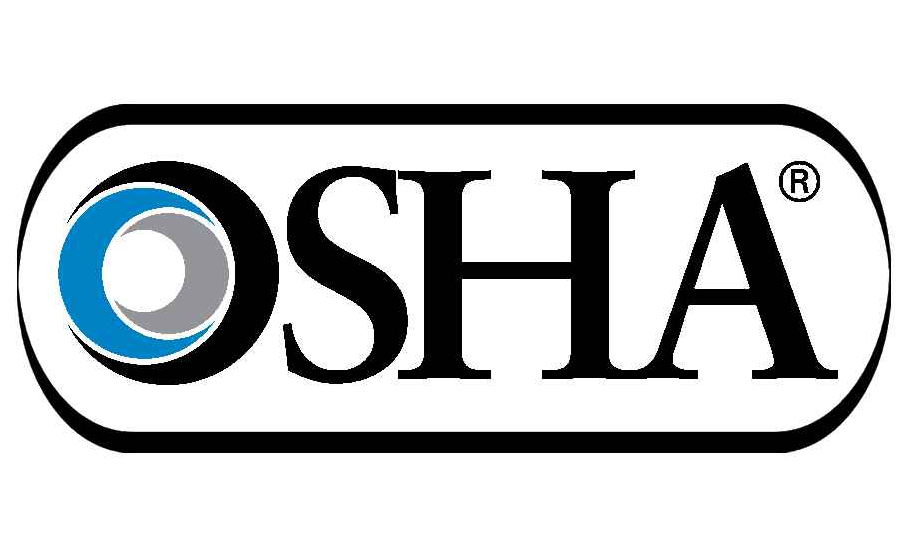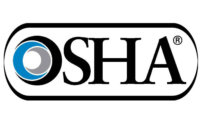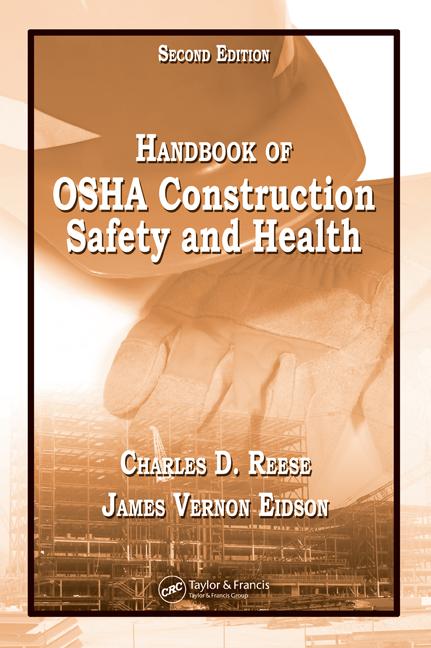The man rumored to be a possible contender for the post of Assistant Secretary of Labor for OSHA under the Trump administration has suggested that some safety and health regulations should be subject to sunset provisions –terminated at the end of a fixed period unless they are formally renewed.
Those remarks from Scott A. Mugno, vice president of safety, sustainability and vehicle maintenance at FedEx Ground, came during a discussion at the U.S. Chamber of Commerce in Washington in 2006, according to an article in Business Insurance.
"You don't turn safety off"
Mugno spoke of the need to "free OSHA from its own statutory and regulatory handcuffs” and also said that employees must deal with factors such as obesity that impact health and safety in the workplace. "You don't turn safety on and off" when an employee goes on or off the job.”
An attorney who’s previously worked for Westinghouse Electric Company and in the U.S. Army’s Judge Advocate General’s Corps, Mugno would, if chosen, replace Dr. David Michaels, an epidemiologist and Professor in the Department of Environmental and Occupational Health (EOH) at the Milken Institute School of Public Health of the George Washington University.
"The right thing to do"
In a post written for the Fedex blog, Mugno notes that safety is a company obligation:
“From the top down, our managers understand a safety program does not begin and end with policies and procedures. Safety is not only the right thing to do, it’s our obligation to provide a safe work environment for team members. Safety is a behavior we integrate into job training and practice. My mission is to have everyone, including our customers and the public, go home in the same healthy shape as when they started out that day.”
Comments made while testifying on behalf of the American Trucking Associations (ATA) trade group at a highways and transit subcommittee hearing help illuminate Mugno’s concerns about governmental overreach.
He criticized the methodology used in the Federal Motor Carrier Safety Administration’s (FMSCA) Compliance, Safety, Accountability (CSA) program, which is designed to help identify operators with the highest crash risk, because it measures motor carriers on all crashes they are involved in, regardless of fault.
“Intuitively, at-fault crashes are the best measures of safety performance. However, FMCSA measures carriers based on these crashes and those they did not cause nor could have prevented,” he stated. “In other words, a carrier that is rear-ended while stopped at a red light is perceived as being just as safe/unsafe as one that rear ends another motorist or crosses a median and strikes another vehicle head-on.”
Mugno expressed frustration with the agency’s failure to address the issue in a timely manner, saying that it “appears that FMCSA may not be poised to even propose a solution, let alone implement one, until three years after the agency first began studying the issue.”




